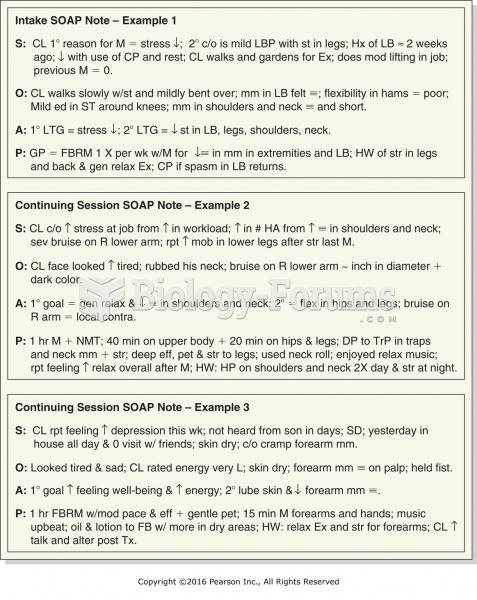Answer to Question 1
True
Answer to Question 2
Although conflict theorists acknowledge that the government serves a number of important purposes in society, they assert that government exists for the benefit of wealthy or politically powerful elites who use the government to impose their will on the masses. According to the elite model, power in political systems is concentrated in the hands of a small group of elites, and the masses are relatively powerless.. According to sociologist C. Wright Mills, the power elite are made up of leaders at the top of business, the executive branch of the federal government, and the military. Mills speculated that the corporate rich (the highest paid officers of the biggest corporations) were the most powerful because of their unique ability to parlay the vast economic resources at their disposal into political power.
Sociologist G. William Domhoff asserts that this nation in fact has a ruling classthe corporate rich, who constitute less than 1 percent of the U.S. population.
Domhoff uses the term ruling class to signify a relatively fixed group of privileged people who wield power sufficient to constrain political processes and serve underlying capitalist interests. Domhoff asserted that individuals in the upper echelon are members of a business class based on the ownership and control of large corporations. The intertwining of the upper class and the corporate community produces economic and social cohesion. Economic interdependence among members of the ruling class is rooted in common stock ownership and is visible in interlocking corporate directorates that serve as a communications network.
Domhoff suggests that the corporate rich influence the political process in three ways:
(1) they affect the candidate selection process by helping to finance campaigns and providing favors to political candidates; (2) through participation in the special interest process, the corporate rich are able to obtain favors, tax breaks, and favorable regulatory rulings; and (3) the corporate rich gain access to the policy-making process through their appointments to governmental advisory committees, presidential commissions, and other governmental positions. Today, some members of the ruling class influence international politics through their involvement in banking, business services, and law firms that have a strong interest in overseas sales, investments, or raw materials extractions.







